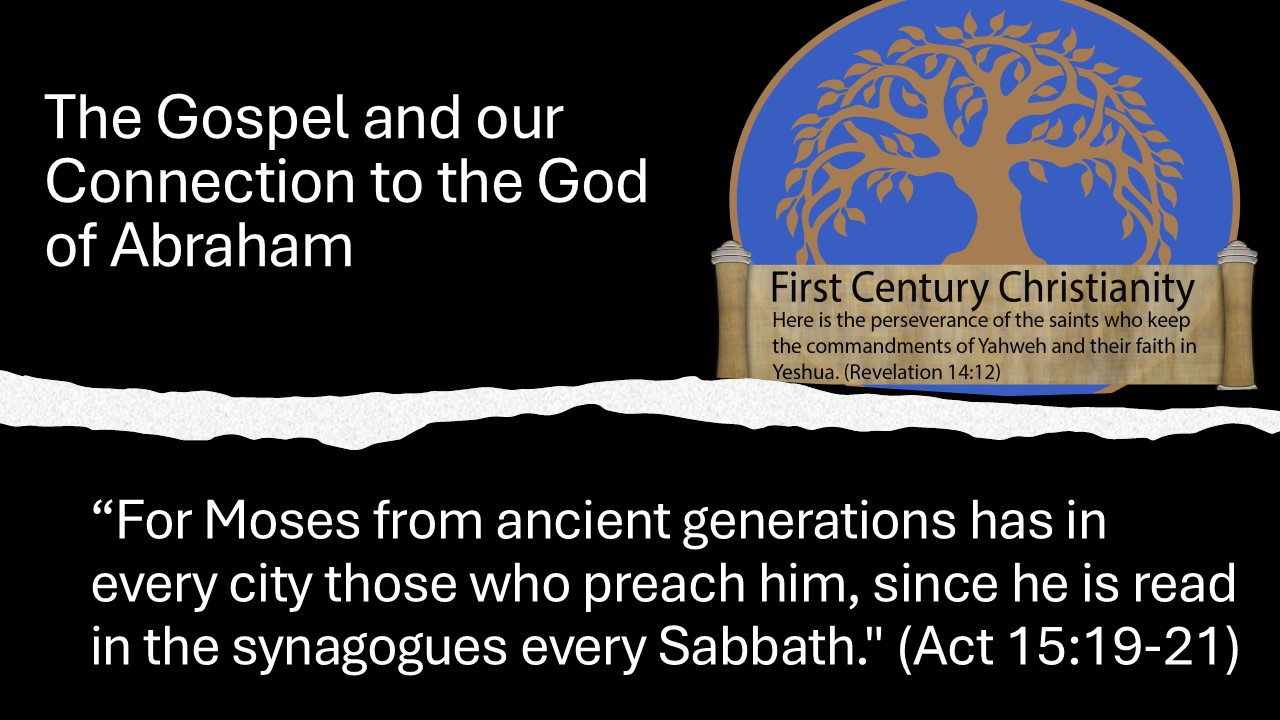Watch
Events
Articles
Market
More
Judaism has taught you the wrong names for the biblical months.
https://messiahslove.com/alive..../new-moon-watch-2025



Shabbat shalom! I'm explaining the Gospel and our connection to the God of Abraham today. Message starts about 1:30 central live on our YouTube channel https://www.youtube.com/@firstcenturychristianity.




We learn more than we may realize from stories. There are life lessons and commentary on the human condition that are better conveyed through stories than any other form. Maybe that's why the Bible is filled with stories.
https://thebarkingfox.com/2025..../11/08/vision-of-som



We learn more than we may realize from stories. There are life lessons and commentary on the human condition that are better conveyed through stories than any other form. Maybe that's why the Bible is filled with stories.
https://thebarkingfox.com/2025..../11/08/vision-of-som



considering how great creation is, the Creator chose to rest on the seventh day. For six days He did great things then gives us the example of rest. Shabbat or the sabbath is made for mankind and yet I have heard many who actually work at keeping it. Isaiah 58:13 —14, “If you turn your foot from breaking the Sabbath, from doing as you please on My holy day, if you call the Sabbath a delight, and the LORD’s holy day honorable, if you honor it by not going your own way or seeking your own pleasure or speaking idle words, / then you will delight yourself in the LORD, and I will make you ride on the heights of the land and feed you with the heritage of your father Jacob.” For the mouth of the LORD has spoken.” When we honor Shabbat, He will make us great on that day.


